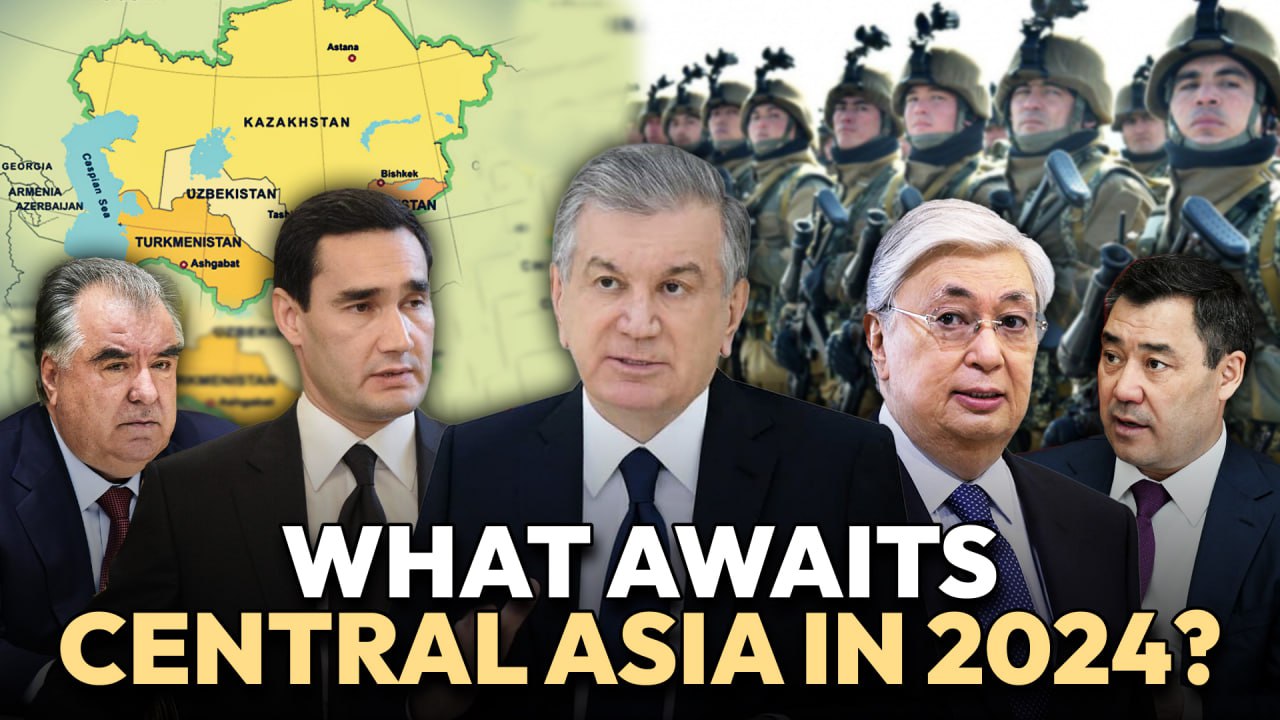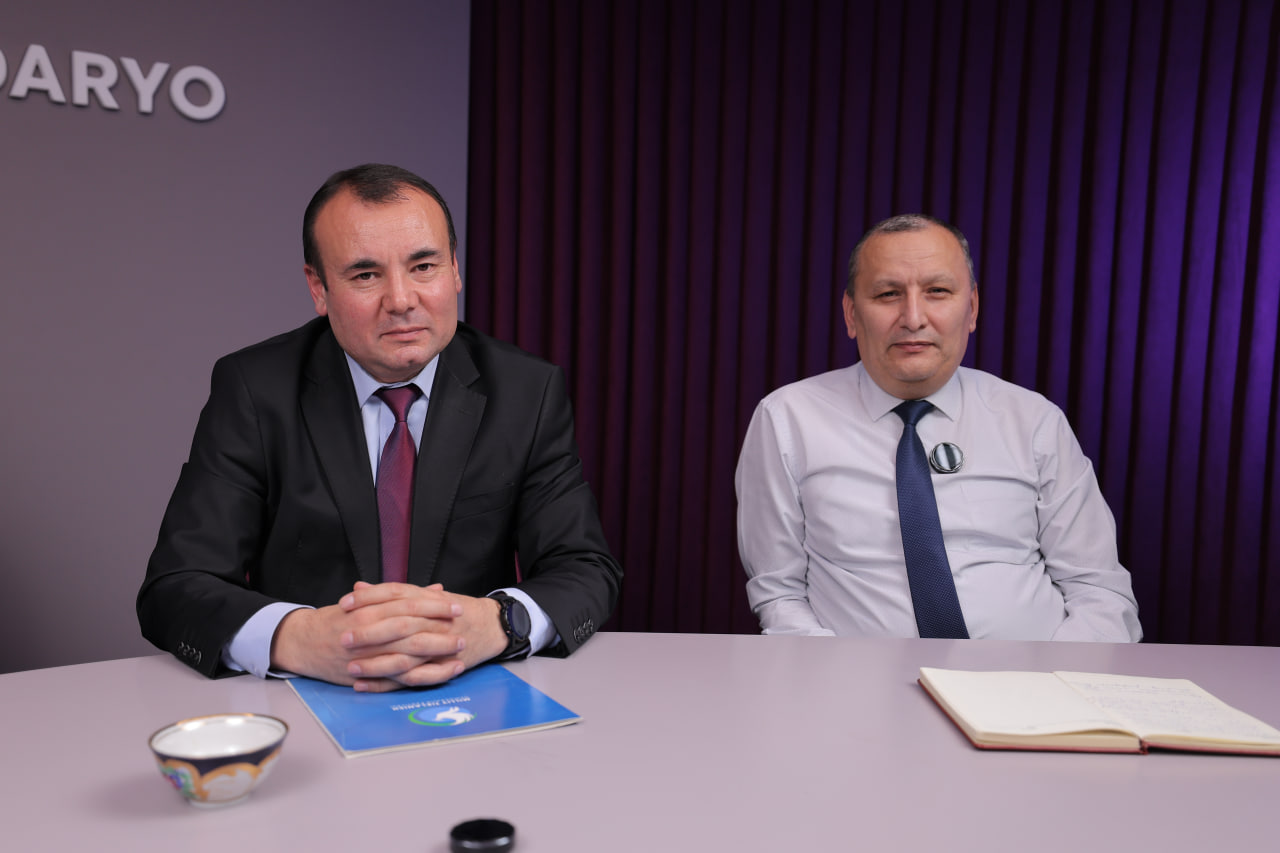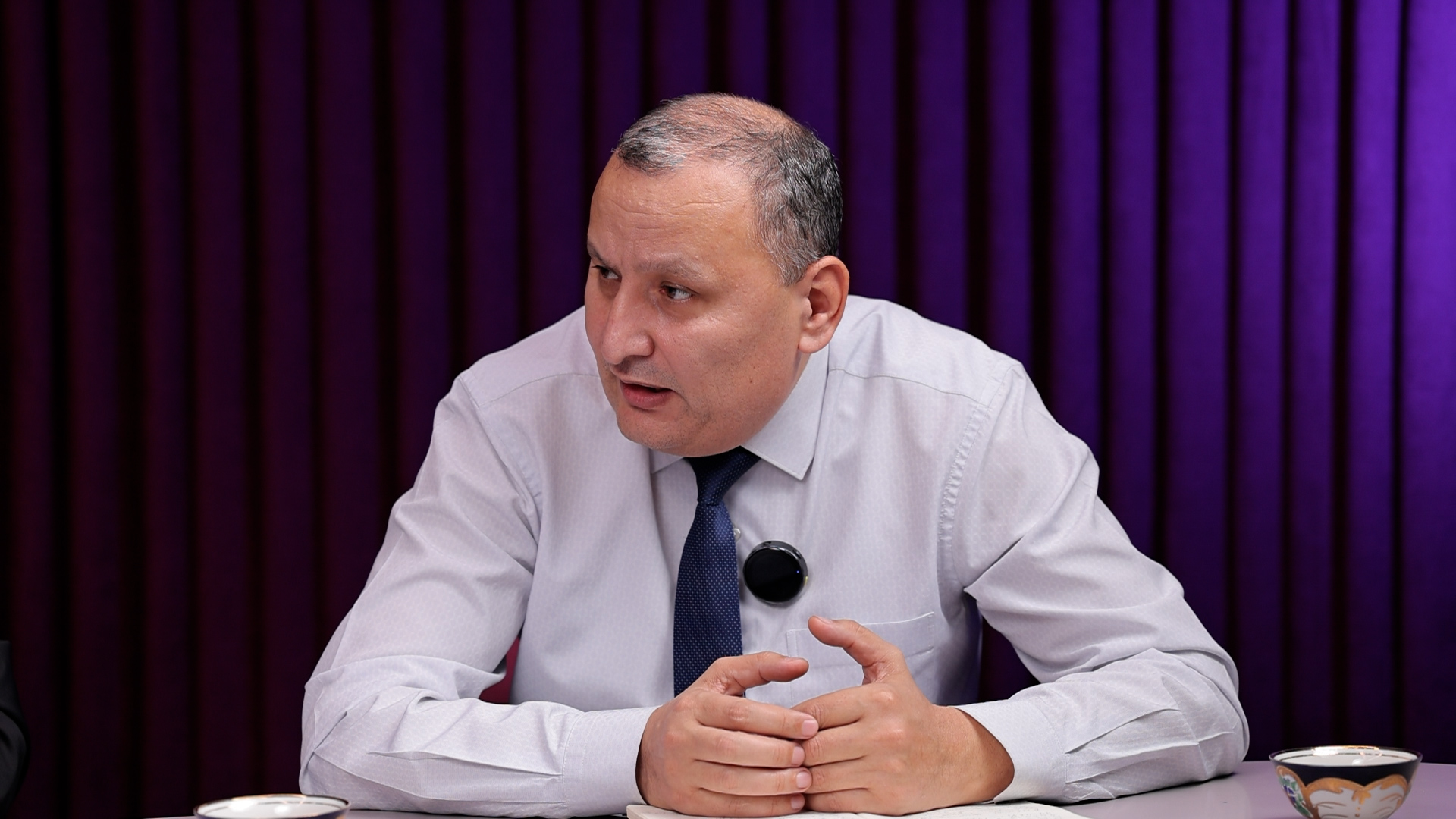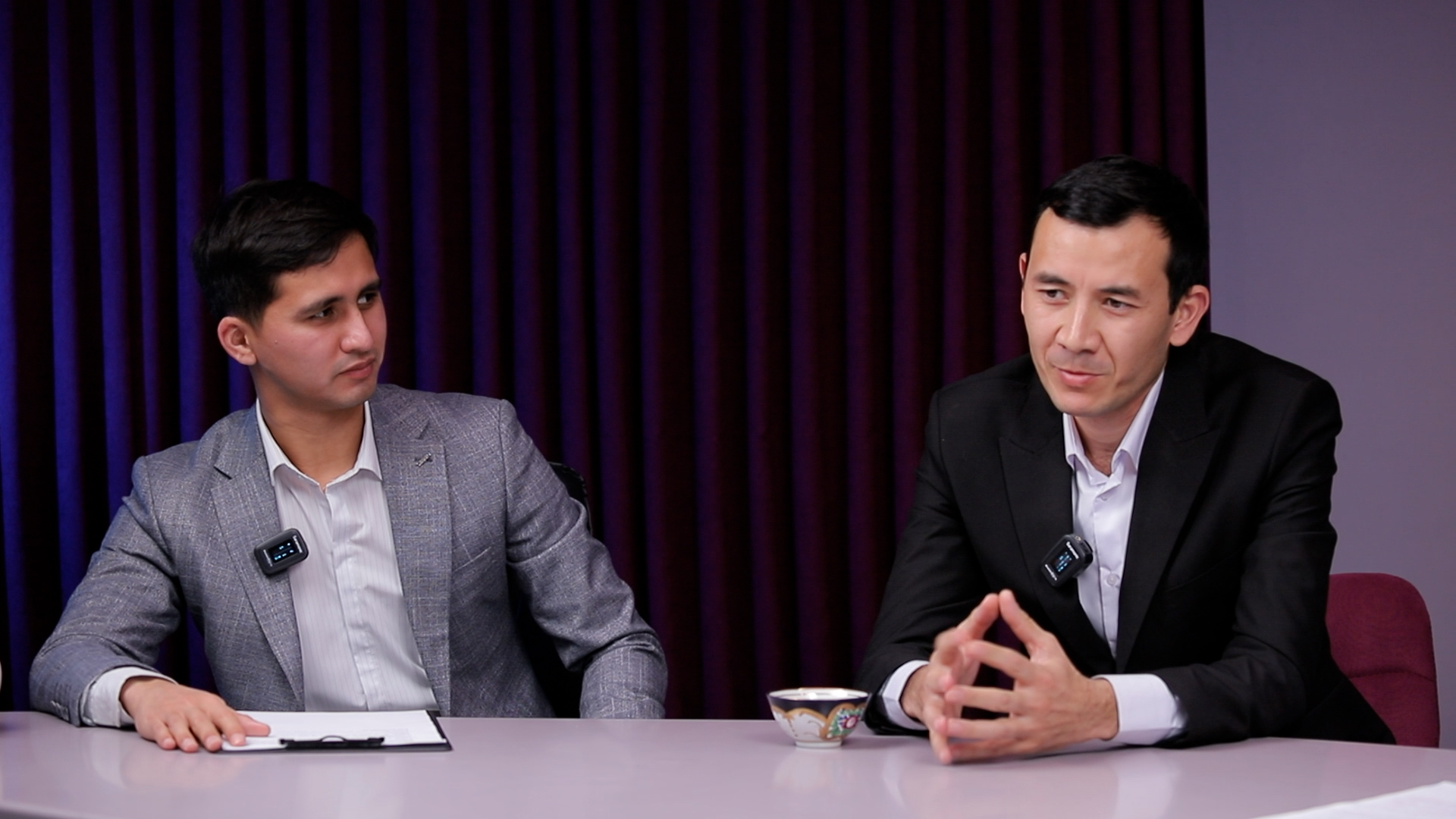In 2023, Central Asian countries experienced a momentous convergence, highlighted by high-profile meetings and summits, including the consultative meeting of Central Asian leaders, the International Fund for Saving the Aral Sea summit, and the Organization of Turkic States Astana summit. These gatherings underscored a deepening sense of collaboration, prompting experts to share their perspectives on the challenges and opportunities lying ahead for the region in 2024.

Economic analyst Nodirbek Rasulov vividly depicted the economic landscape of Central Asia in 2023. Throughout the year, leaders engaged in both official and informal meetings, recognizing the urgent need for collaboration amid global challenges. The echoes of the 2021 pandemic emphasized the interconnectedness of nations, dispelling the notion of self-sufficient development. The ripple effects of the Russia-Ukraine war in February 2022 reverberated globally, leaving a lasting impact on the intricate economies of Central Asian nations.
Diversity defined the economic situation, spanning 2.9 mn square kilometers. Kazakhstan claimed the majority with 68%, followed by Uzbekistan at 11%, Turkmenistan at 12%, Kyrgyzstan at 5%, and Tajikistan at 3%. This diversity extended beyond geography to economic metrics, as evidenced by the significant contrast in Gross Domestic Product (GDP) between Kazakhstan and Tajikistan. Trade rules further emphasized these distinctions, with Kazakhstan, Kyrgyzstan, and Tajikistan as members of the World Trade Organization, while Uzbekistan and Turkmenistan pursued a different path. Consequently, trade relations among these nations exhibited notable differences.

Despite these disparities, 2023 brought about tangible economic growth for the region. Kazakhstan, with a trade turnover of $102bn, showcased a positive balance between export and import. Uzbekistan recorded a trade turnover of $57bn, while Kyrgyzstan followed suit with $10bn. These figures vividly illustrated the dynamic trade relationships flourishing among Central Asian countries.
The year also witnessed constructive discussions on mutual transport corridors and customs issues, reflecting a concerted effort to enhance regional connectivity. As per the World Bank, the economic growth of Central Asian countries outpaced other Commonwealth of Independent States (CIS) nations, signaling a positive trajectory in the region's economic development.

Oybek Sirojov, a perceptive political scientist, reflected on the transformative nature of 2023 for Central Asian nations. The unforeseen Russia-Ukraine war in February 2022 cast an unexpected shadow over the region, thrusting it into an unfavorable situation. However, the prolonged duration of the conflict acted as a catalyst for change, compelling Central Asian countries to take proactive measures. These measures included the establishment of new logistics routes and the fortification of collaborative efforts with other nations.
While 2022 witnessed a significant challenge between Tajikistan and Kyrgyzstan, 2023 saw commendable strides towards resolution. Crucially, this showcased that regional disputes could be navigated successfully without external intervention. A pivotal milestone in this journey was the amicable settlement of the border issue between Uzbekistan and Kyrgyzstan.
Moreover, 2023 witnessed both official and informal engagements with Turkey, aimed at forging an integrated union as an alternative to aligning solely with Russia or the West. This strategic initiative earned a commendation for its potential to reshape regional dynamics. Additionally, the revival of dormant organizations, such as the SPECA or Archipelagic States meeting, was notable in 2023, exemplifying the region's commitment to finding solutions through mutual agreement—a trend of significant importance as it paves the way for continued cooperation and problem-solving in 2024.

Erkin Abdulahatov, a distinguished climate scientist, delved into the climatic nuances of 2023, providing a nuanced perspective on its impact. In the annals of meteorological history, 2023 stood out as the hottest year globally, with Uzbekistan particularly feeling the intensity of the heat. The year commenced with anomalous cold—a double-edged sword bringing both positive and negative consequences. The unusual cold triggered an energy collapse and diminished productivity in agricultural sectors, notably affecting viticulture, as evidenced by December statistics. Despite these challenges, the establishment of robust logistics relations among regional countries provided a silver lining, offering a means to offset losses incurred in agricultural fruit production.
Notably, 2023 witnessed the resolution of the longstanding border problem between Kyrgyzstan and Uzbekistan. Furthermore, governments from Kyrgyzstan, Kazakhstan, and Uzbekistan collaborated to finalize an agreement for the construction of the Kambarata-1 power plant in Kyrgyzstan—a groundbreaking step in the realm of water-to-electricity exchange. Rising air temperatures posed challenges, escalating water evaporation levels, and resulting in shortages in Uzbekistan, Tajikistan, and Kyrgyzstan. The beginning of 2023 saw shortages in the Eastern regions of Kazakhstan, intensifying tensions between the two nations. However, the abnormal cold during the winter months led to the formation of a relatively stable snow reserve in the mountains of Kyrgyzstan and Tajikistan, mitigating water shortages in Uzbekistan.
An encouraging development in 2023 was the emergence of agreements on water distribution among regional countries. Previously marred by disagreements, a solution materialized, illustrating progress in the region. Uzbekistan initiated a unique exchange system, purchasing electricity from Tajikistan and Kyrgyzstan during the summer in exchange for water. Conversely, in the winter, Uzbekistan sold electricity to Tajikistan and Kyrgyzstan. This intricate chain of collaboration began to take shape in 2023.
The anomalous cold, while posing challenges, proved beneficial for agricultural crops by eliminating the threat of insects in cold lands during January. This led to a notable increase in agricultural exports, a trend substantiated by statistical figures.

Anticipating 2024: Navigating Challenges and Forging Solutions in Central Asia
Nodirbek Rasulov, a discerning economic analyst, underscores the pivotal role of trade among the five countries in Central Asia. Emphasizing the paramount importance of regional peace, Rasulov highlights the post-pandemic realization that isolationist development is no longer tenable. The ongoing consideration of streamlining the customs system among these nations attests to a commitment to bolstering trade. Recognizing the distinct strategies of each Central Asian country, Rasulov anticipates that the focus will shift to exporting products abroad as production develops. In this context, the need for seamless interstate cargo transportation becomes crucial, positioning 2024 as a year to intensify efforts in this direction. Addressing challenges related to food and energy security, Rasulov asserts that mutual agreements in these domains can significantly elevate living standards across the region.
Oybek Sirojov, a political scientist, directs attention to the multifaceted challenges accumulating in Central Asia. Foremost among these concerns is the issue of security, a pressing matter as global instability escalates, exemplified by conflicts like the Ukrainian-Russian war and turmoil in the Middle East. Sirojov advocates for a solution rooted in integration, recognizing the ongoing developmental phase of mutual cooperation among Central Asian countries. Proposing the creation of a common strategy in 2024, Sirojov stresses the need to explore military collaboration within the Turkic world, drawing inspiration from the successful experiences of Turkey and Azerbaijan. With 2024 deemed a decisive year, given Russia's preoccupation with Ukraine, Sirojov sees a unique opportunity for the region to overcome historical obstacles to integration.
Sirojov also underscores the significance of the Council of Heads of State of Central Asia, advocating for its further development as a crucial platform for unified responses to global challenges. Economic integration takes center stage in Sirojov's vision for 2024, calling for concerted efforts among the five nations. Notably, Sirojov suggests that Central Asian countries assess how they can strategically benefit from the ongoing conflict between Russia and Ukraine, urging scientists to provide governments with informed perspectives. He points out the gains observed by certain nations, such as Turkey, and positions the Middle East's evolving scenario as an opportunity for Central Asia, given the heightened risks to sea routes. Sirojov calls for increased attention to planned railway projects through Central Asia as a response to the changing dynamics in the Red Sea caused by the actions of the Houthis.
Erkin Abdulahatov, a prominent climate scientist, brings attention to the impending challenges of 2024, projected to be the hottest year globally. Notably, he emphasizes the adverse impact on food security in the Northern regions, a concern resonating with Central Asia. The milder winter temperatures induce stress on trees, potentially leading to premature vegetation across the region, excluding Kazakhstan. Anticipating scorching summer months and a heightened risk of agricultural pests due to the absence of winter cold, Abdulahatov sheds light on the multifaceted challenges ahead.

Navigating the Confluence: Seeking Mutual Consensus on Water and Border Challenges in the Region
Addressing one of the region's significant issues, Nodirbek Rasulov, an astute economic analyst, underscores the vital role of stable water relations among Central Asian countries. Citing UN analysis, Rasulov highlights the potential tripling of water demand in the region, with 80% utilized in agriculture and 8-12% in industry. The lack of water results in an annual agricultural loss of $2bn, posing a threat to the region's total gross product, estimated to reach 11% by 2030. Rasulov advocates for the adoption of modern irrigation technologies to mitigate these challenges and sustainably manage water resources in agriculture.
Adding a geopolitical perspective, Oybek Sirojov, a seasoned political scientist, emphasizes that despite possessing water resources, the rational use of water presents challenges. The paradox arises from the seasonal collection of water in Kyrgyzstan and Tajikistan, primarily for electricity generation in winter, while Uzbekistan and Turkmenistan face water needs during the summer months. Sirojov suggests that these water-related issues could serve as catalysts for regional unification, recognizing the complexities surrounding the construction of the Qosh Tepa Canal in Afghanistan. Proposing collaboration, he envisions Central Asian countries aiding the Taliban in canal construction, leveraging their unique resources, such as Uzbekistan's expertise in copper processing. Additionally, Sirojov stresses the need to establish a stable land route in Afghanistan, foreseeing its growing significance amid India's emergence as a major global player.
Erkin Abdulahatov, returning to the conversation, highlights the historical context of water studies in Central Asia, tracing back to Russian scientists until 1990. This foresight, extending a century into the future, holds significant political implications. Abdulahatov reveals that Chinese scientists are currently engaged in studying the region, emphasizing the ongoing importance of water-related research in shaping geopolitical strategies.
In a collaborative approach, Abdulahatov proposes that Central Asian countries extend support to the Taliban in building the Qosh Tepa Canal. Leveraging Uzbekistan's expertise in copper processing, this assistance could be reciprocated with resources. Additionally, he stresses the need for constructing a stable land route in Afghanistan, emphasizing the potential collaboration between Tajikistan and Uzbekistan in providing electricity to Afghanistan in exchange for water. Abdulahatov envisions this collaboration as a means to achieve stability in the region's water issues.
For those interested, the full interview is available on the "Daryo" YouTube page.
Follow Daryo's official Instagram and Twitter pages to keep current on world news.
Comments (0)